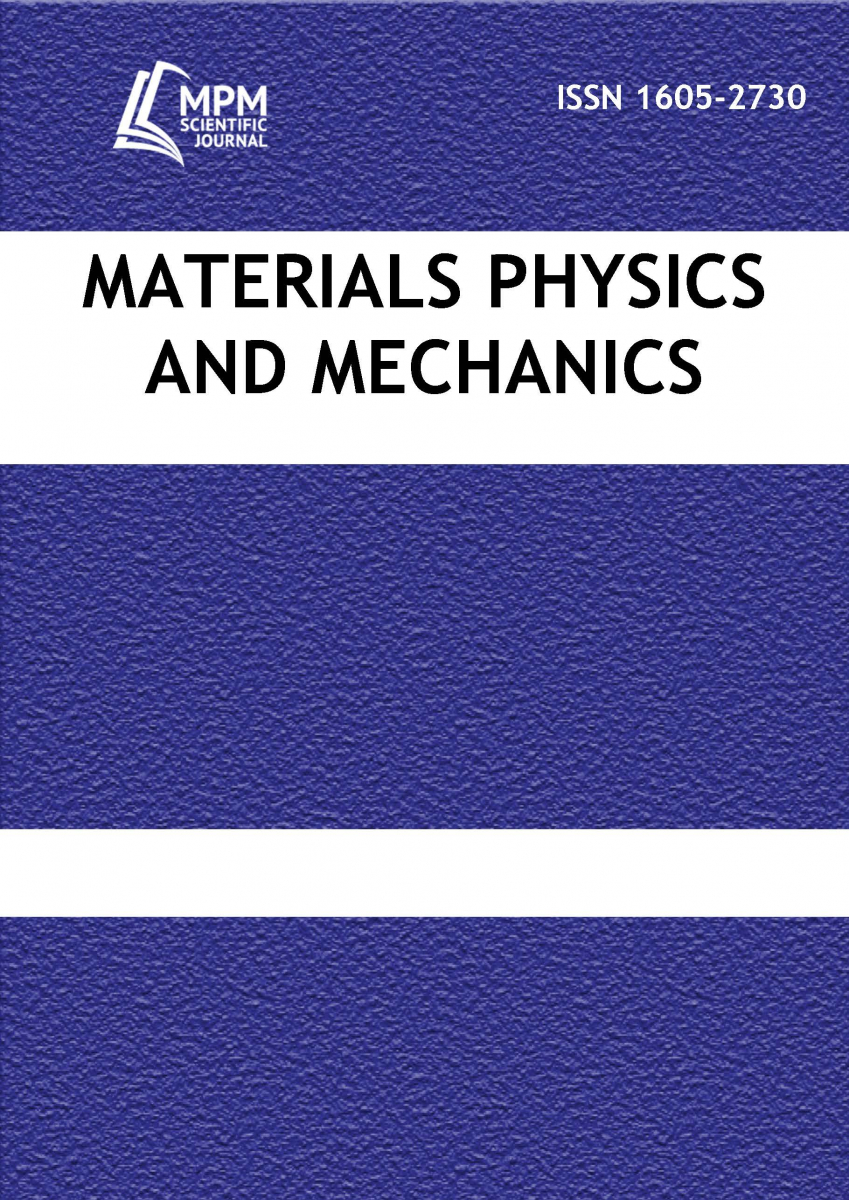Effect of trace impurities on the thermoelectric properties of commercially pure aluminum
Impurities play an important role in the properties of aluminum. Those are incorporated into commercially pure aluminum through repeated melting and samples are characterized for their thermal conductivity, dielectric and morphological properties as a function of cold deformation and annealing temperature. Results indicate that cold rolling increases thermal conductivity since reduces the porosity like defects but heavily coldworking decreases the conductivity because of distorts the crystal lattice. Material defects are more prominent than impurities in the material in the case of AC electrical properties. The dielectric constant and loss tangent decreases with annealing temperature initially due to stress reliving and increases due to the formation of metastable phases. Trace added alloys show more eutectic silicon and other Fe-rich intermetallic phases into the microstructure.


